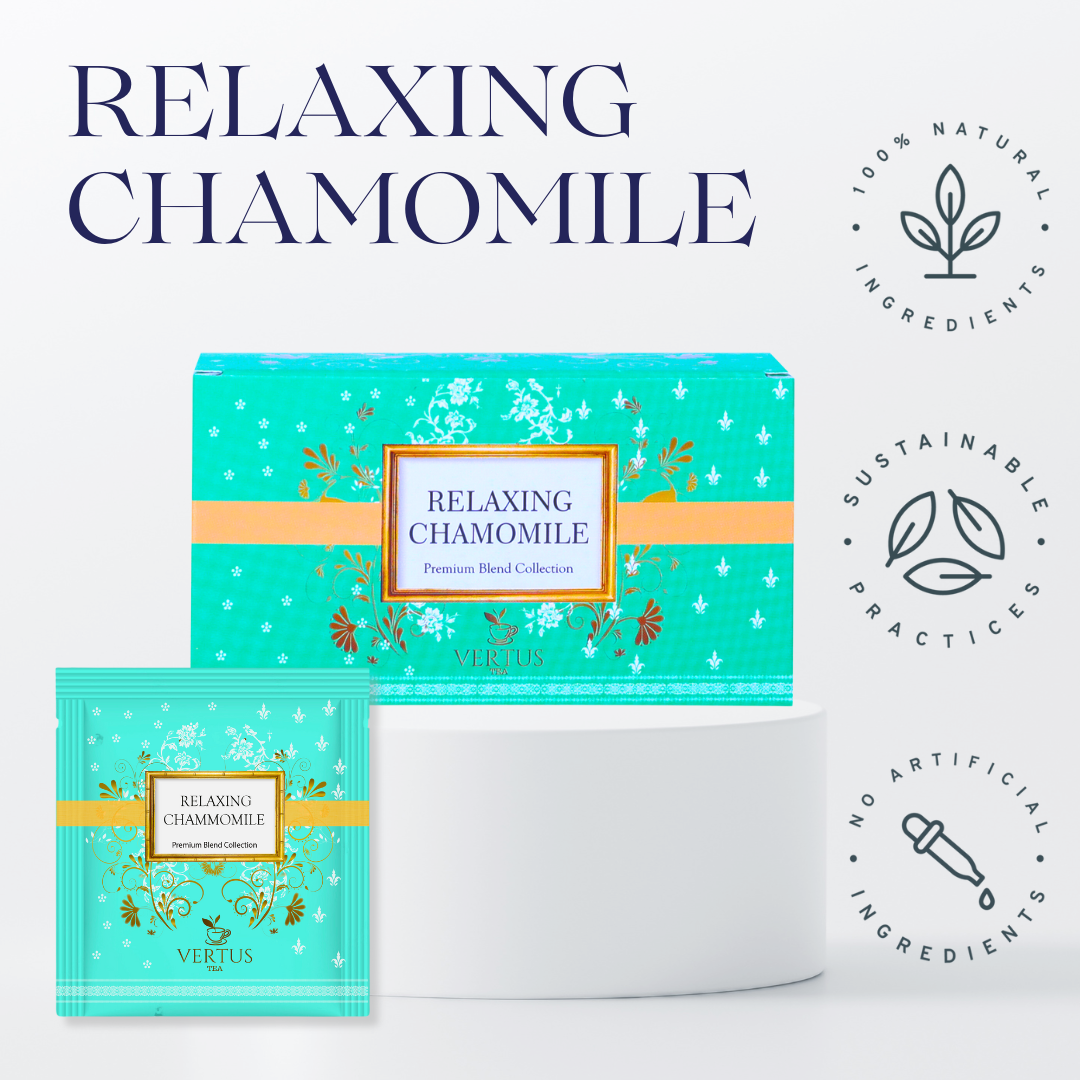Tea is a beloved beverage enjoyed by many around the world. Whether you prefer a soothing cup of chamomile or a robust black tea, there's a flavor to suit every palate. But have you ever wondered about the caffeine content in your favorite teas? Understanding caffeine levels in teas can help you make informed choices and tailor your tea-drinking experience to your needs.
What is caffeine?
Caffeine is a natural stimulant found in various plants, including tea leaves. It belongs to a class of compounds called xanthines and acts as a central nervous system stimulant. When consumed, caffeine can increase alertness and temporarily ward off drowsiness.
How does caffeine content vary in different teas?
The caffeine content in tea can vary depending on several factors, including the type of tea, the processing method, and the brewing time. Generally, teas derived from the Camellia sinensis plant, such as black, green, white, and oolong teas, contain caffeine. Herbal teas, on the other hand, are typically caffeine-free.
- Black Tea: The Caffeine Champion
Black tea takes the lead in the caffeine race among traditional teas. With approximately 40-70 milligrams of caffeine per 8-ounce cup, it provides a robust energy boost, making it a popular choice for those seeking a morning pick-me-up. The level of caffeine can vary based on factors such as the tea's origin, processing methods, and steeping time.
- Green Tea: A Balanced Brew
Green tea, renowned for its antioxidants and health benefits, generally contains less caffeine than black tea. A standard 8-ounce cup of green tea has around 20-45 milligrams of caffeine. The processing method plays a role here, as the leaves are typically steamed or pan-fired, preserving their natural qualities while offering a milder caffeine kick.
- White Tea: Delicate and Low in Caffeine
White tea, known for its delicate flavor and minimal processing, stands as the least caffeinated among the traditional teas. An 8-ounce cup of white tea typically contains 15-30 milligrams of caffeine. The young leaves and buds undergo minimal oxidation, resulting in a brew that's light on both flavor and caffeine.
- Oolong Tea: The Middle Ground
Oolong tea, with its partially oxidized leaves, falls between green and black tea in terms of caffeine content. The caffeine levels in oolong tea can range from 30-50 milligrams per 8-ounce cup. The varied oxidation levels contribute to its unique flavor profile and moderate stimulant effect.
- Herbal Infusions: Caffeine-Free Comfort
While not technically tea, herbal infusions such as chamomile, peppermint, and rooibos have gained popularity for their caffeine-free nature. These blends offer a soothing alternative to traditional teas, making them a preferred choice for those looking to unwind without the stimulating effects of caffeine.
Which teas have the highest caffeine content?
Among the teas derived from the Camellia sinensis plant, black tea generally has the highest caffeine content. On average, an 8-ounce cup of black tea contains about 40-70 milligrams of caffeine. However, it's important to note that the actual caffeine content can vary depending on the specific tea and brewing method.
What about green, white, and oolong teas?
Green, white, and oolong teas generally have lower caffeine content compared to black tea. On average, an 8-ounce cup of green tea contains about 20-45 milligrams of caffeine, while white tea contains around 15-30 milligrams. Oolong tea falls somewhere in between, with approximately 30-50 milligrams of caffeine per 8-ounce cup.
How can you reduce caffeine in your tea?
If you're looking to reduce your caffeine intake while still enjoying the flavors of tea, there are a few methods you can try. Firstly, opt for herbal teas, which are naturally caffeine-free. Additionally, you can try decaffeinated versions of your favorite teas. These teas undergo a process to remove most of the caffeine while retaining the flavor. Lastly, you can also choose to steep your tea for a shorter period of time, as caffeine is released into the water during the brewing process.
Conclusion
Understanding caffeine levels in teas can help you make informed choices about your tea consumption. Whether you're seeking a pick-me-up or a caffeine-free option, there's a tea out there for you. Remember to consider the type of tea, the brewing method, and your personal preferences when selecting your next cup of tea. Cheers to a well-informed tea-drinking experience!


